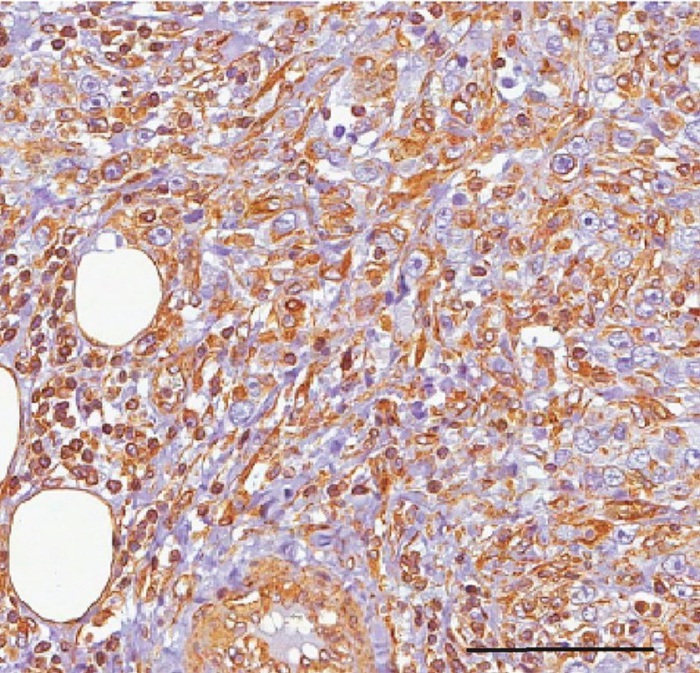Two molecular switches have been found that allow to turn off the 'engine' of breast cancer: they are two small molecules of RNA (microRNA) that do not carry the information to produce proteins, but act by regulating hundreds of genes, including those necessary to keep cells active stem cells that feed the tumor and its reappearance after treatment.
By disabling these switches, called miR-146a and miR-146b, the tumor slows down and becomes more vulnerable to treatment.
This is demonstrated by the Italian study, published in the Journal of Cell Biology by the group of Francesco Nicassio at the Italian Institute of Technology (IIT) and that of Pier Paolo di Fiore at the European Institute of Oncology (IEO) and at the State University of Milan.
The study, supported by the AIRC Foundation for Cancer Research, made it possible to identify "two closely related microRNAs, miR-146a and miR-146b, present in breast stem cells and also in breast cancer stem cells", explains Chiara Tordonato, researcher at IEO and the University of Milan, and first author of the work.
"Levels of these two microRNAs tend to be very high in more aggressive breast cancers, which have a high number of cancer stem cells. We hypothesized that miR-146a / b may be needed to maintain the tumor stem cell pool. . It was enough to destroy these two microRNAs in patient-derived cancer cells to reduce the ability of these cells to form new tumors. "
"Our results - adds Nicassio, coordinator of the IIT Center for Genomic Science (CGS) - clearly show that the reduction of miR-146a / b levels represents an approach potentially capable of overcoming some forms of drug resistance in the clinical setting, unmasking a hidden vulnerability of the tumor that can be exploited for the development of new therapies capable of targeting cancer stem cells ".
If the results are confirmed by clinical studies, chemotherapies in the future may be even more effective, improving the prognosis of patients with aggressive forms of cancer.








